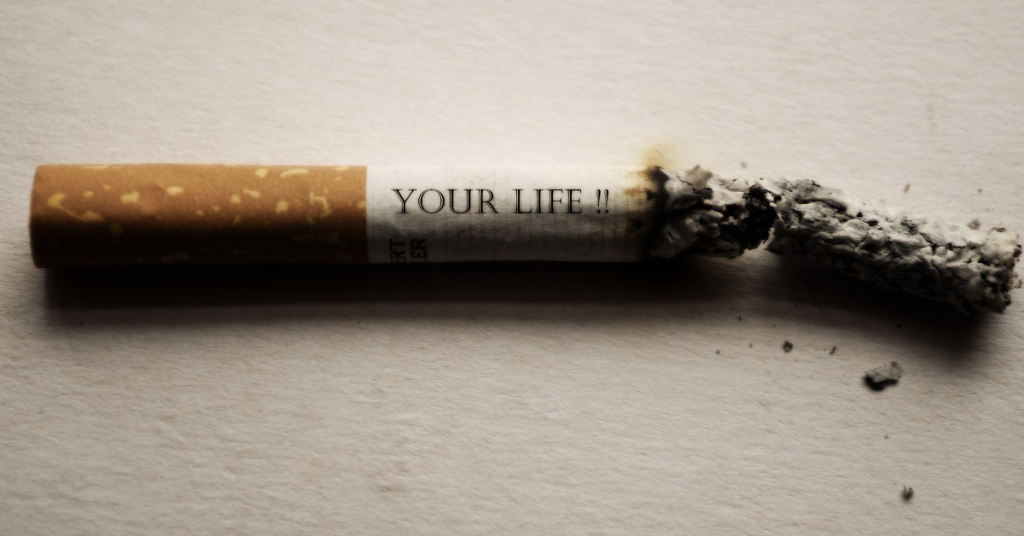If you’re a smoker, you’ve probably heard that it’s bad for your overall health. But did you know it can seriously mess with your oral health too? As someone who cares about their pearly whites, this is the info you need to know. Let’s chat about how smoking affects your gums, teeth, and even your risk of oral cancer. Forewarned is forearmed, right?
Smoking Wreaks Havoc on Your Gums
Gum disease is no fun. Your gums get swollen, they bleed easily, and sometimes they even hurt. The bacteria in plaque (that sticky film on your teeth) cause gum disease by provoking an inflammatory immune response.
Unfortunately, smoking makes gum disease way more likely. How come?
First, smoking suppresses your immune system so your body can’t fight off germs as well. Second, it reduces blood flow to your gums, so inflammation-fighting cells take longer to arrive. Not a good combo!
Studies show smokers have a 2-3 times higher risk of developing gum disease than non-smokers. And the more cigarettes you smoke, the more you crank up your risk. But here’s a silver lining – quitting smoking can reduce your chances of getting gum disease later on.
Your Pearly Whites are at Risk Too
Gum disease isn’t the only oral health condition more common in smokers. Tooth decay is another big one.
When you smoke cigarettes, some gnarly chemicals in the smoke interact with the bacteria in dental plaque. This interaction creates acids that literally eat away at your tooth enamel. Not cool.
On top of that, smoking is linked to more plaque buildup overall. Plaque combined with weakened enamel from smoke chemicals is a recipe for tooth decay disaster.
So yeah, smokers tend to deal with cavities more often than non-smokers. Yet another reason to kick the habit!
Don't Let Smoking Give You Cancer
Oral cancer is a scary disease where malignant cells form in your mouth or throat tissue. We’re talking about your gums, lips, cheeks, bottom of your mouth, tongue – you name it. And smoking is a significant contributor, linked to a whopping 75% of oral cancer cases.
Why is smoking so tied to oral cancer? Because tobacco smoke contains a toxic cocktail of over 7,000 chemicals, many of which are carcinogens. These chemicals directly damage your DNA, causing cells to proliferate out of control into cancerous tumors.
The longer you smoke and the more cigarettes you use, the higher your risk of developing oral cancer.
Some common signs include mouth sores, lumps, swelling, and numbness or pain. If you notice anything strange in your mouth, check it ASAP. Finding oral cancer early makes a huge difference in survival rates.
Smoking Also Causes Dry Mouth
A dry mouth is common side effect of smoking. When your mouth doesn’t produce enough saliva, you have an increased risk of cavities, gum disease, and bad breath. Gross!
Some chemicals in tobacco smoke actually damage the salivary glands, reducing how much saliva you make. Nicotine also constricts blood vessels, limiting blood flow to salivary glands.
Quitting smoking can help reverse dry mouth problems by allowing your salivary glands to heal and function properly again.
Also check: Another Cause of Dry Mouth: Anemia
Tips for Kicking the Smoking Habit
The bright side is that quitting smoking starts improving your oral health immediately. Your gum inflammation goes down quickly and your breath becomes noticeably fresher. Over time, your risks of gum disease, tooth decay, and oral cancer all decrease as well.
Here are some tips to help you quit for good:
- Ask friends and family for support and encouragement. Joining a support group can also help you stick to it.
- Toss all cigarettes, lighters, and ashtrays so you remove temptations. Avoid smoking triggers like bars or friends who smoke.
- Try nicotine gum, patches, or lozenges to ease cravings as you slowly get the chemicals out of your system. Prescription meds can also help.
- Consider meeting with a counselor trained in smoking cessation. They can help identify your triggers and teach coping methods. Combining counseling and medication works best for many.
- Don’t get down on yourself for slips. Quitting takes many attempts for most people. Learn from each try. With commitment and support, you can quit for good!
Smoking harms your mouth in so many ways, but the damage lessens when you quit. Take control of your oral health – make a plan and take the next step toward a smoke-free you. Your mouth will thank you!
Lubricity is a Proud Supporter of the
What do customers say about Lubricity Dry Mouth Spray?











